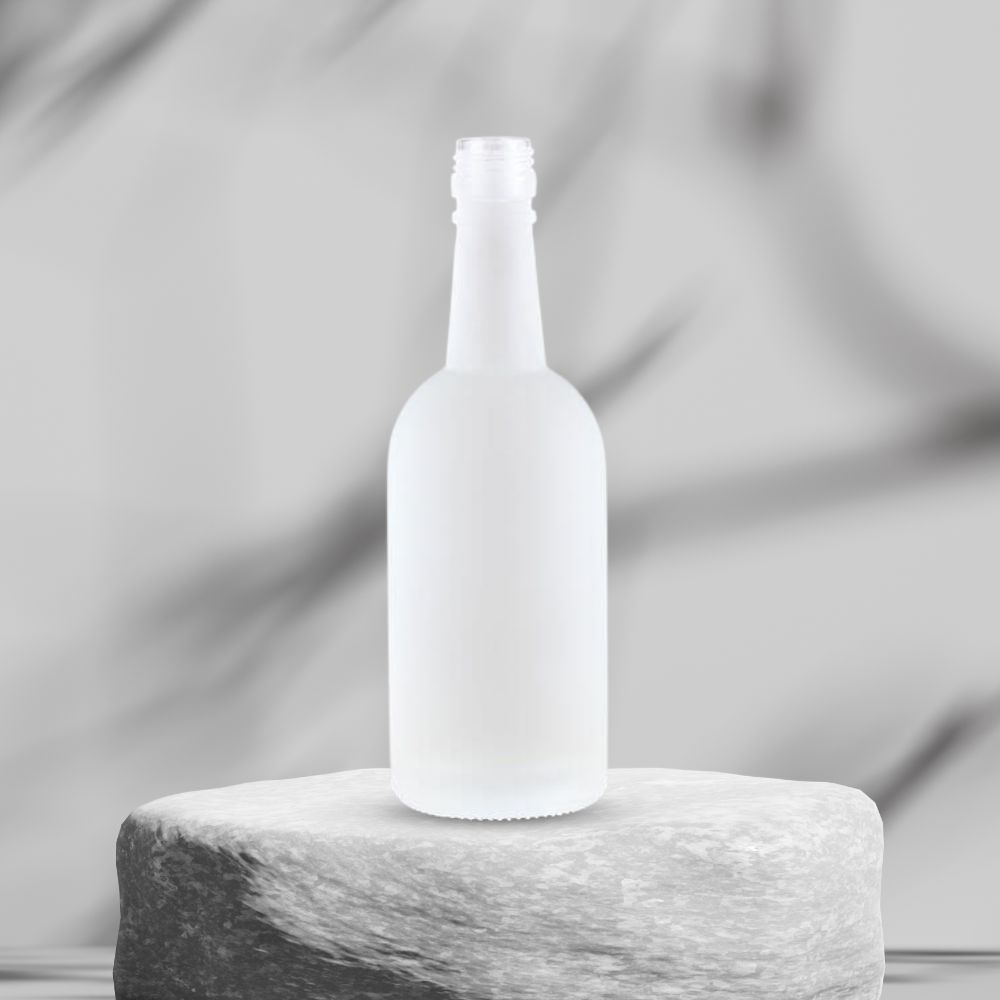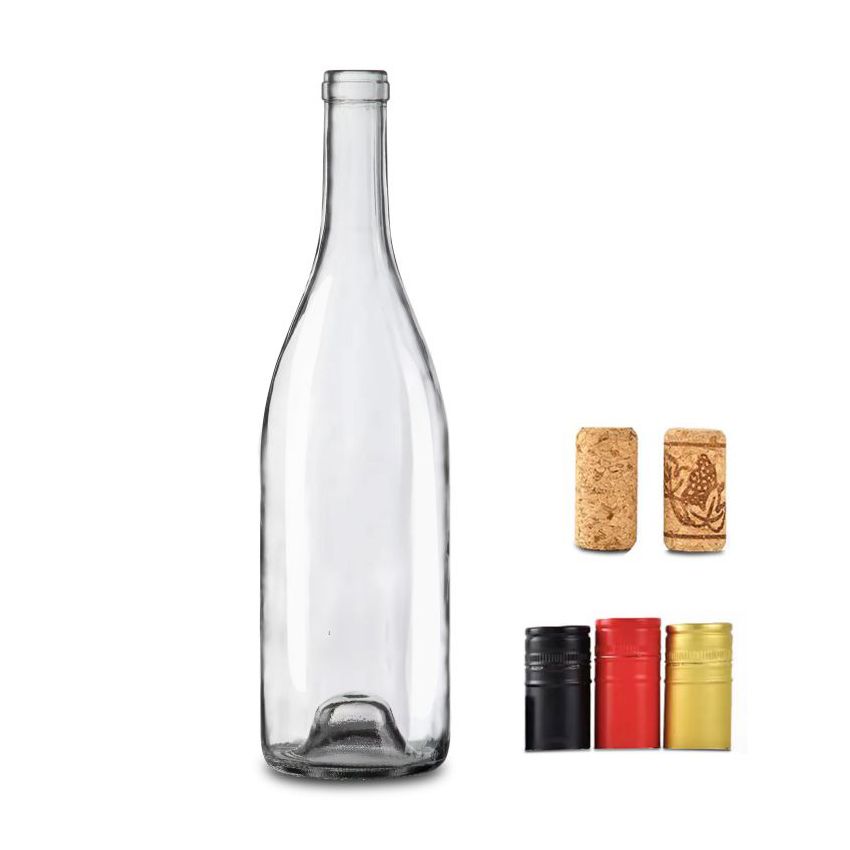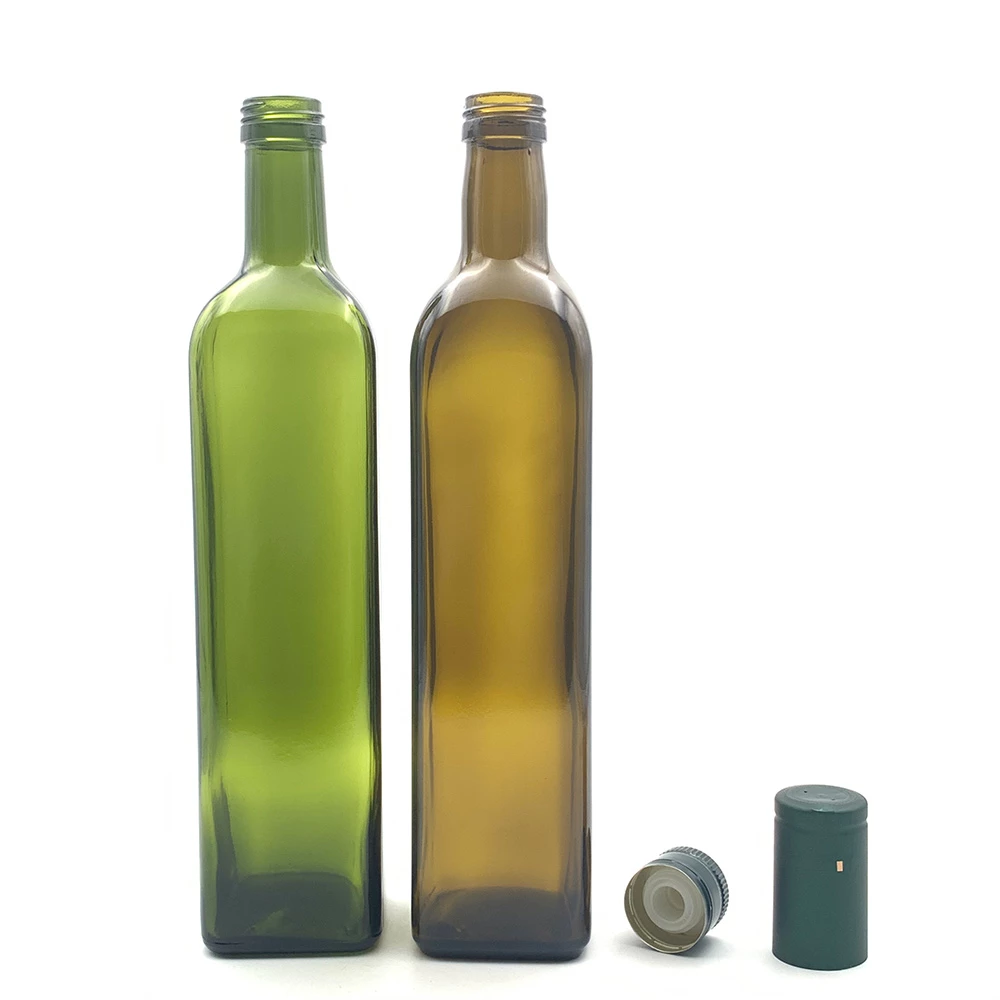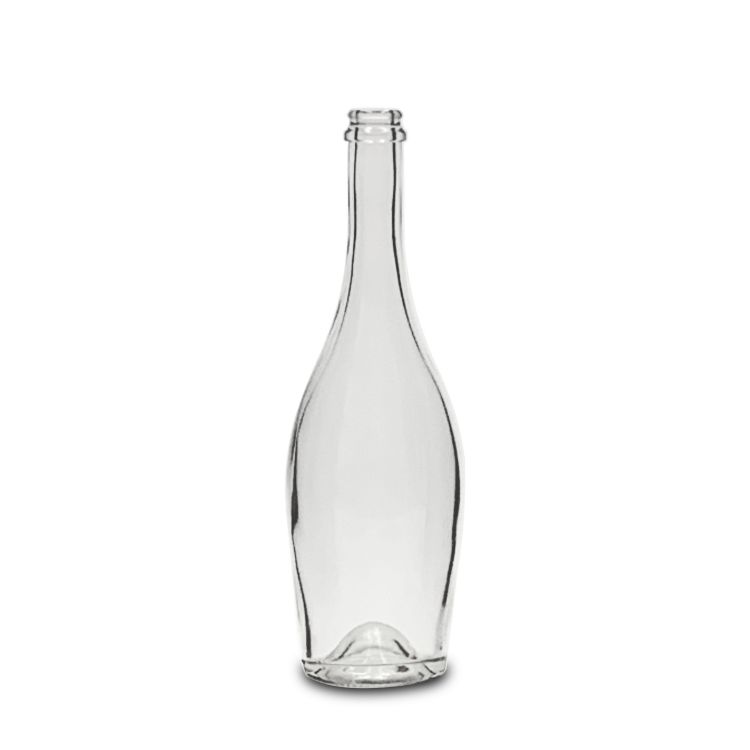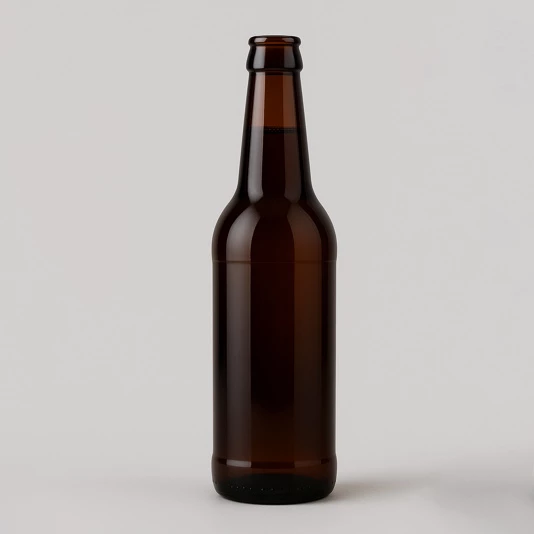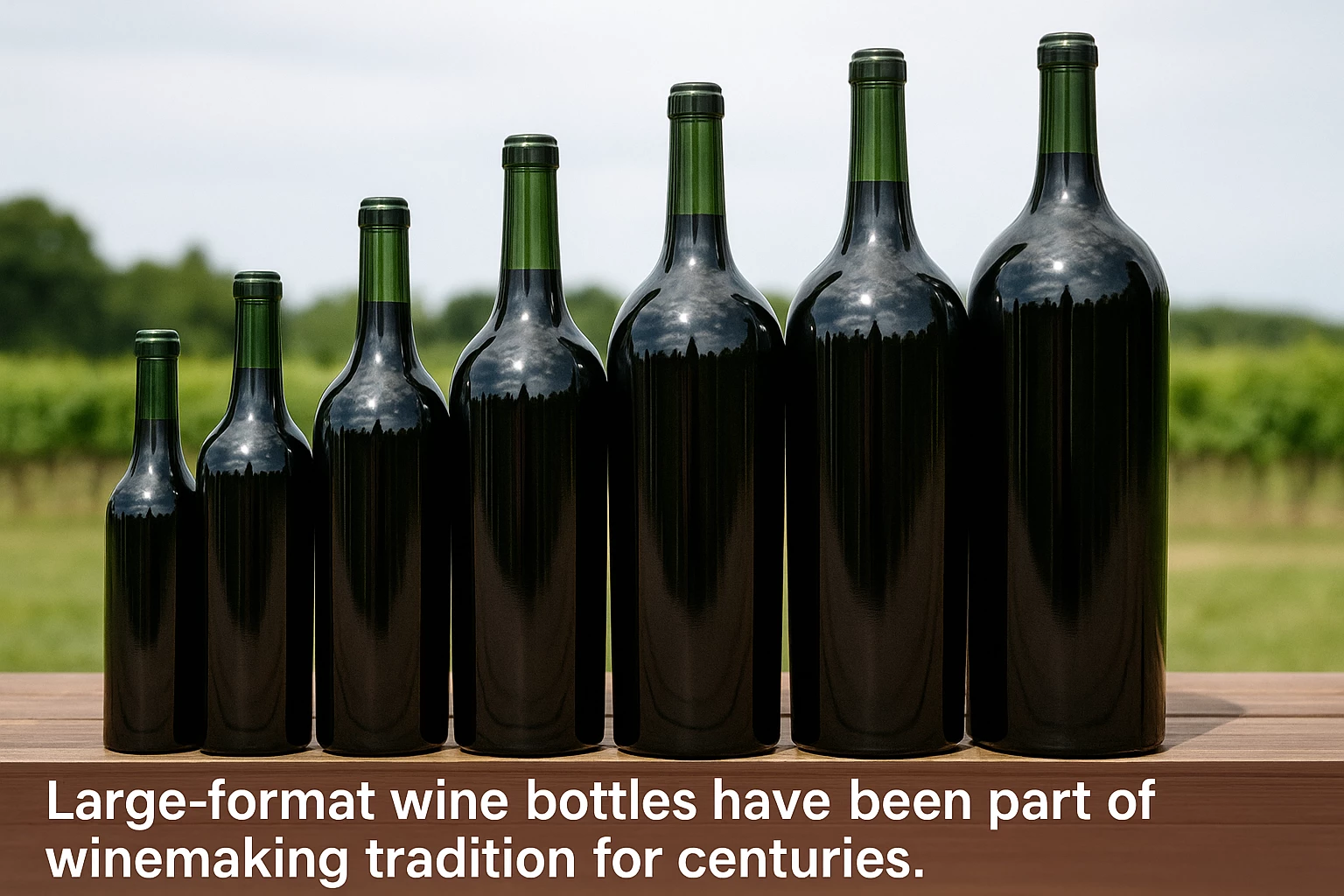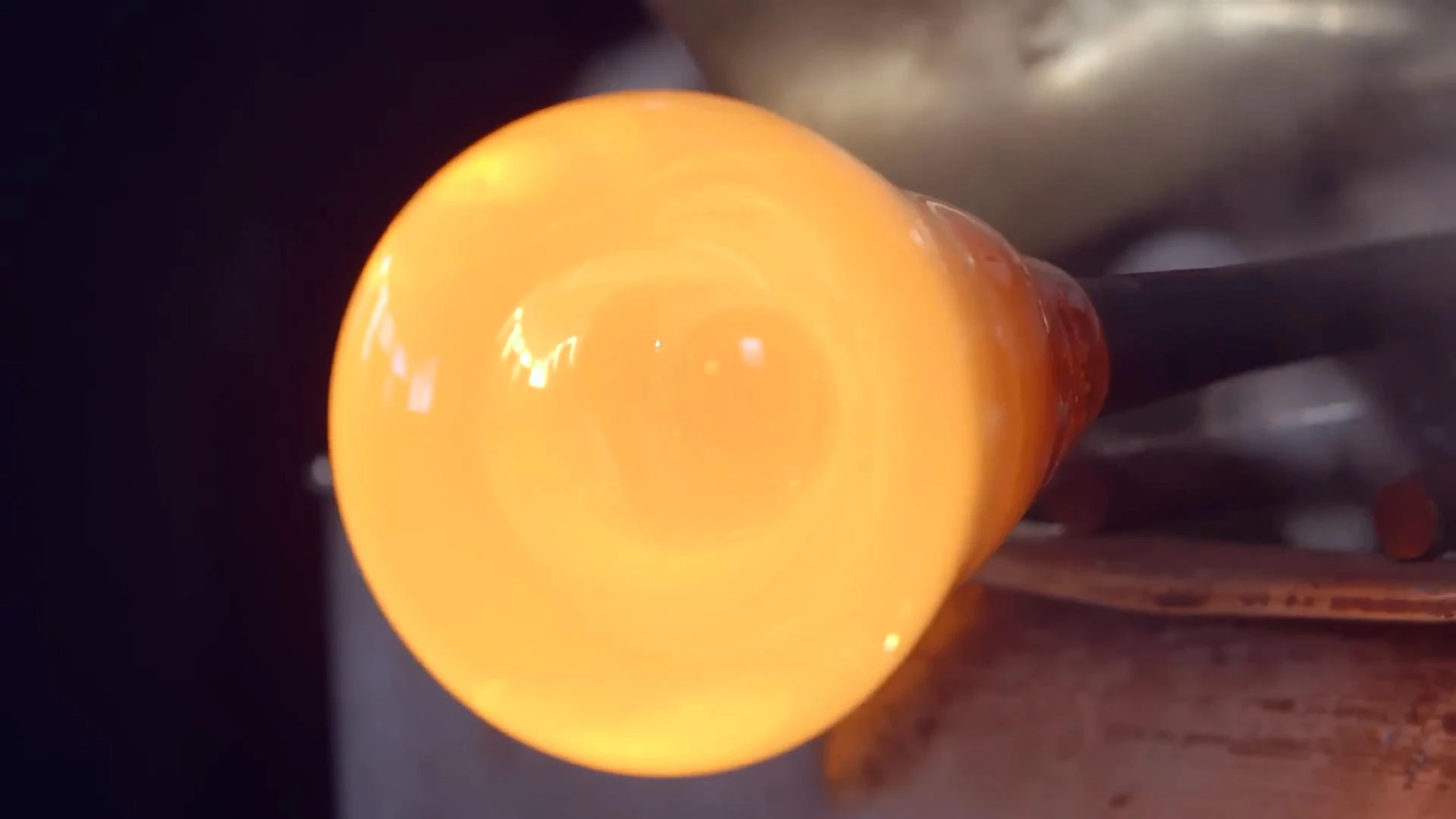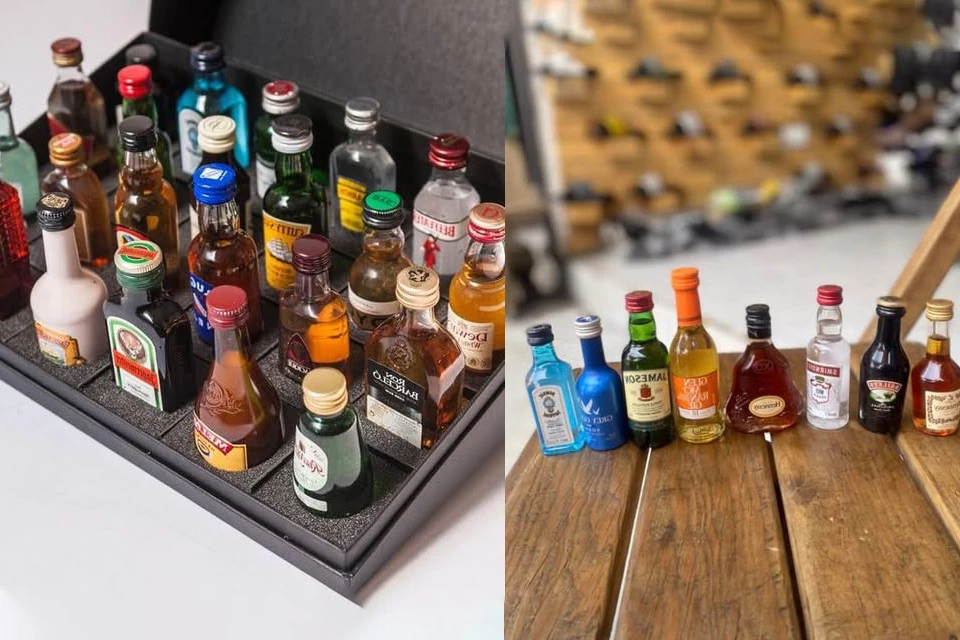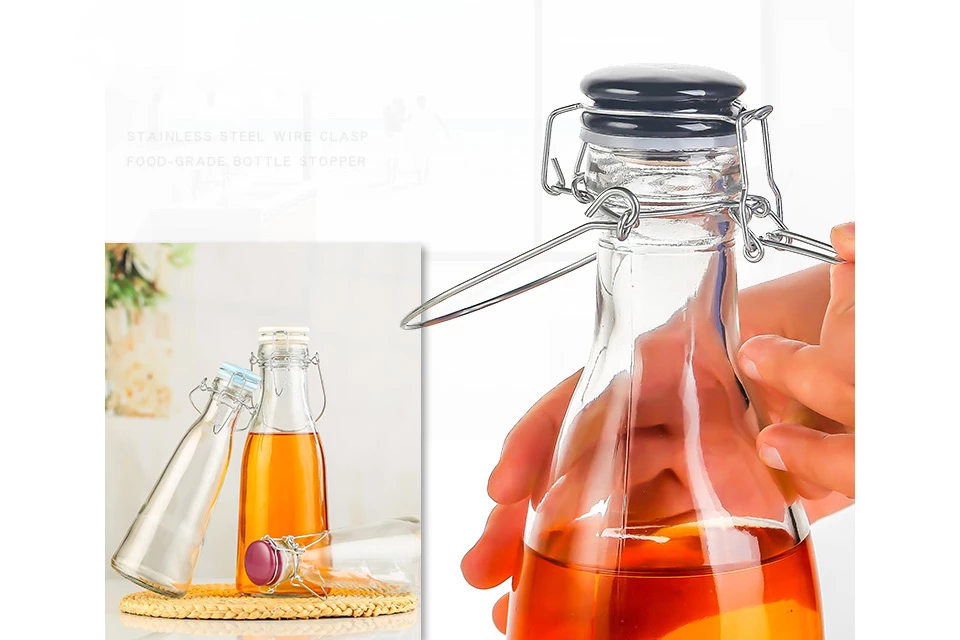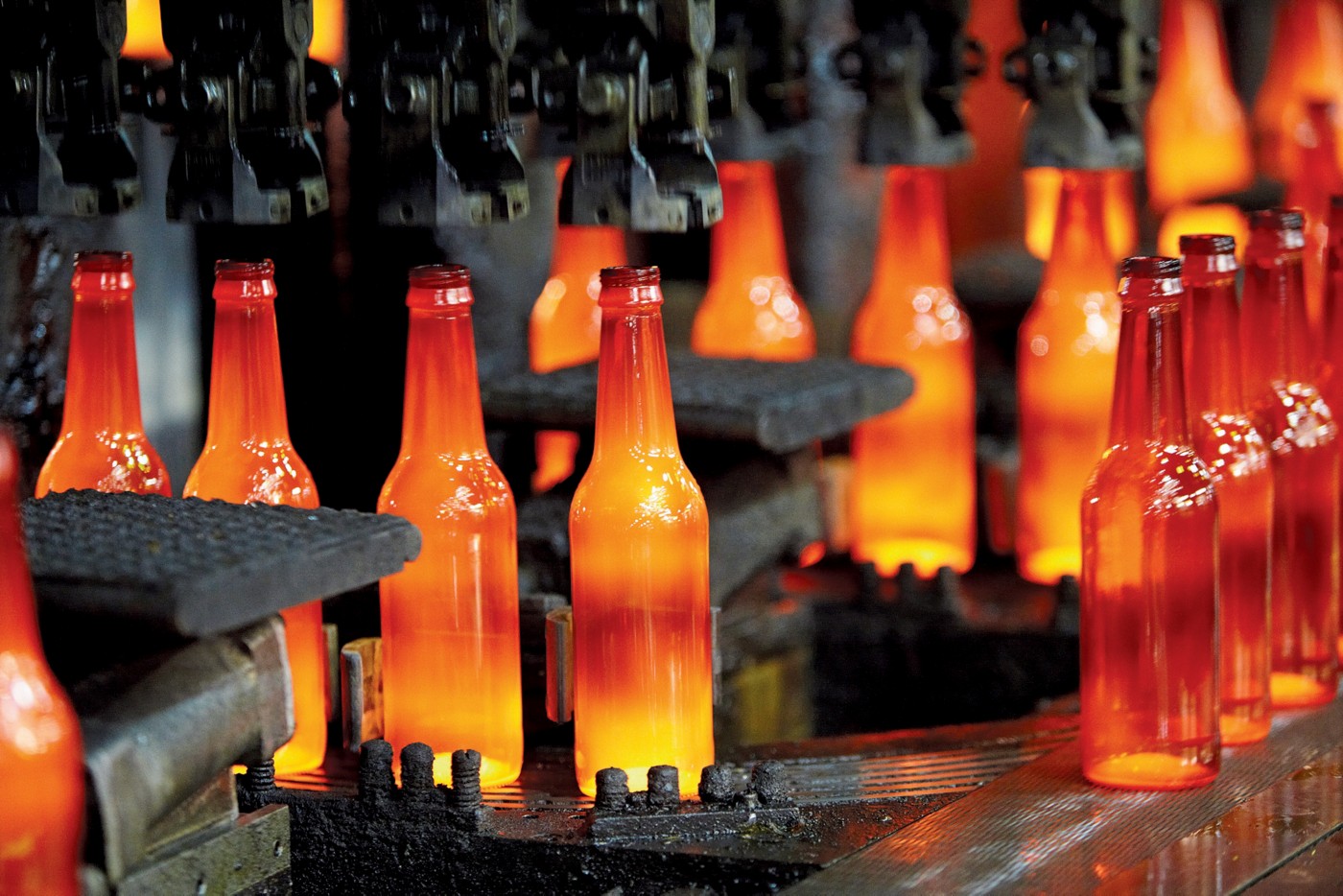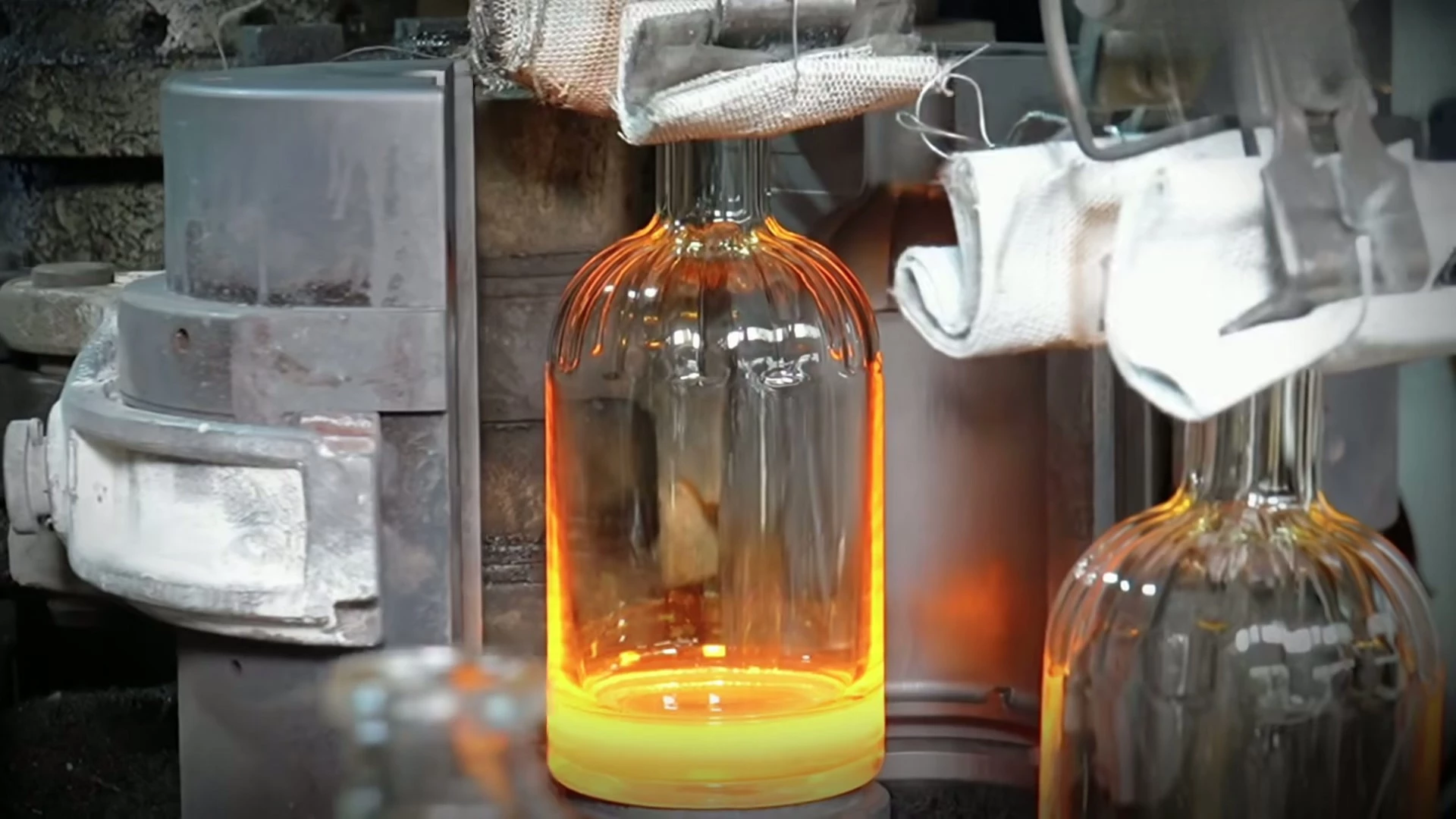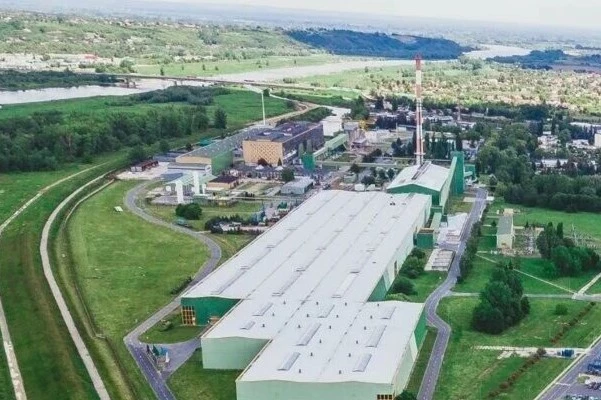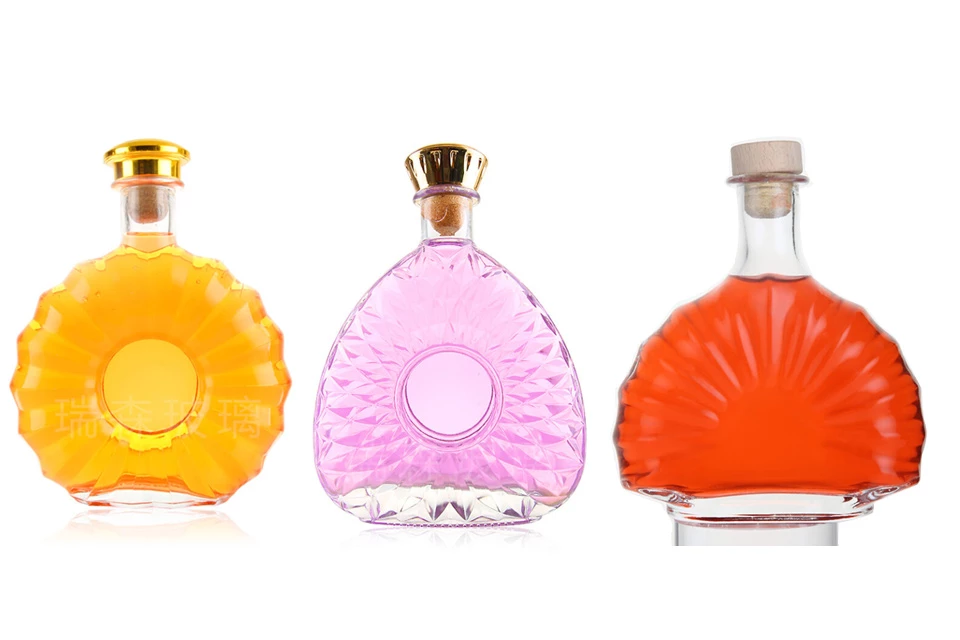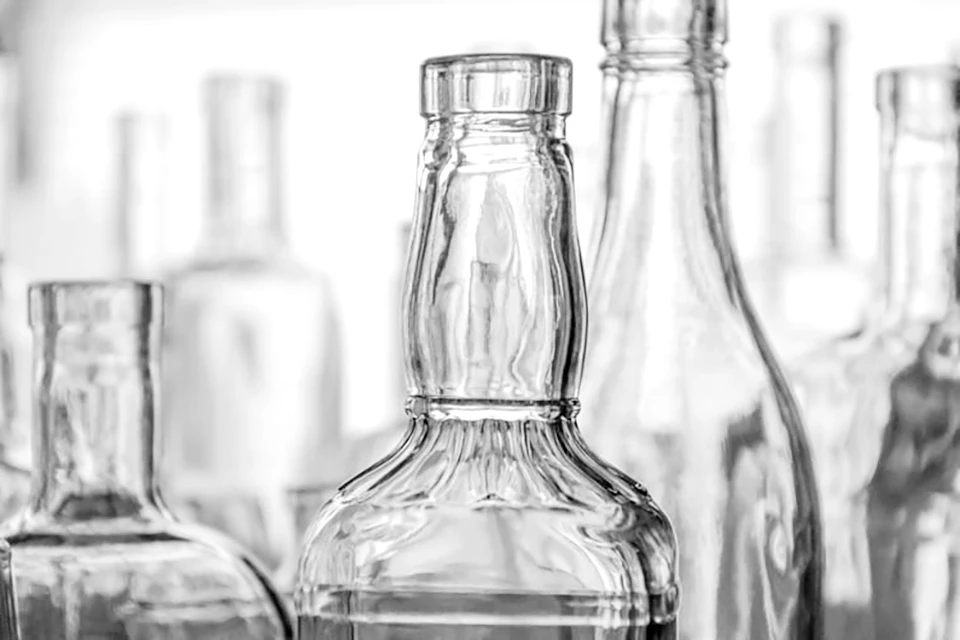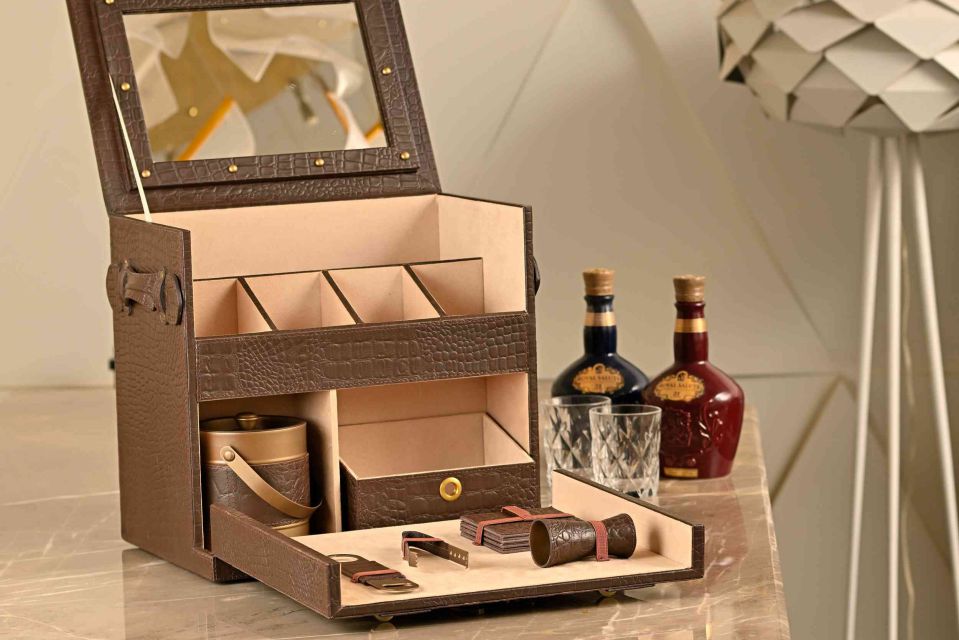Cam ambalaj endüstrisi yapısal değişiklikler geçiriyor. Olgun endüstriyel tabanı ve yenilikçi genleriyle Türkiye, küresel cam ambalaj tedarik zincirinde vazgeçilmez bir güç haline geldi. Endüstri verilerine ve saha araştırmalarına dayanan bu makale, Türkiye'deki en rekabetçi 11 cam şişe üreticisini teknik rotalarını, pazar konumlarını ve sürdürülebilir kalkınma uygulamalarını ele alarak derinlemesine analiz ediyor ve küresel alıcılar için stratejik referans sağlıyor.
Sanayi manzarası ve Türk imalatının temel rekabet gücü
2025 yılında, küresel cam ambalaj pazarının $85 milyar ABD dolarını aşması bekleniyor ve bunun 65%'den fazlası gıda ve içecek sektöründen geliyor. Avrupa, Asya ve Afrika'nın kesiştiği nokta olarak, Türkiye'nin cam üretim endüstrisi Avrupa teknik standartlarını Asya maliyet avantajlarıyla birleştirerek benzersiz bir rekabet gücü oluşturuyor:
- Düşük karbonlu eritme teknolojisi yinelemesi: Önde gelen 80% firmaları, geleneksel proseslere kıyasla enerji tüketimini % azaltan tam oksijen yanması + elektrikli eritme teknolojisini kullanmaktadır;
- Esnek üretim sistemi: Modüler fırın tasarımı, tek hatlı günlük üretim kapasitesinin 200 tondan 1.500 tona kadar dinamik olarak ayarlanmasını destekler ve küçük parti özelleştirmenin ve büyük ölçekli üretimin ikili ihtiyaçlarına uyum sağlar;
- Coğrafi ticaret ağı: İstanbul Limanı ve Hazar Geçiş Koridoru'ndan yararlanarak AB, Ortadoğu ve Orta Asya pazarlarına 72 saatte ulaşabilecek.
Yazarın seçtiği en iyi 11 Türk cam şişe üreticisinin sıralama analizi aşağıdadır:
11 ana Türk cam şişe üreticisi
1. Paşabahçe Sanayi ve Ticaret A.Ş.

- Tarihçe: 1934 yılında Türkiye'nin Bekoz kentinde kurulan, Avrupa Birliği'nin tıbbi cam tedarikçilerinden biri olan;
- Teknik engeller:
- Dakikada 600 şişe üretim hızına sahip ultra yüksek hızlı presleme prosesi (UHSM);
- İlaç kontrol şişelerinin doğruluk hatası 0,02 mm/m'den az olup, ISO 1101-2017'nin en yüksek seviyesine ulaşmıştır.
- Pazar kapsamı: Roche İlaç'a yıllık 240 milyon adetlik önceden doldurulmuş şırınga cam bileşenleri sağlıyor.
2. Şişecam Grubu

- Kuruluş tarihi: 1935
- Merkez: Tuzla, İstanbul
- Temel yetenekler: Dünyada “soda-kireç camı → borosilikat cam → nötr cam” ürün kategorisinin tamamını kapsayan tek üretici olup, farmasötik kullanıma yönelik nötr cam üretim kapasitesi Avrupa pazarının 19%’sini oluşturmaktadır.
- Teknik özellikler:
- FLOAT GLASS 2.0 teknolojisi kullanılarak şişe kalınlık toleransı ±0,05mm olarak kontrol edilmektedir;
- MIT ile işbirliği yaparak, yüksek kaliteli meyve suyu şişeleri için uygun, organik kalıntıların ultraviyole katalitik ayrıştırılmasıyla kendi kendini temizleyen nano kaplama geliştiriyoruz.
- ESG uygulaması: 2024 yılında “sıfır karbon fırını” planını başlatmak ve 2030 yılında üretim sürecinde karbon nötrlüğüne ulaşmak.
3. Trakya Cam
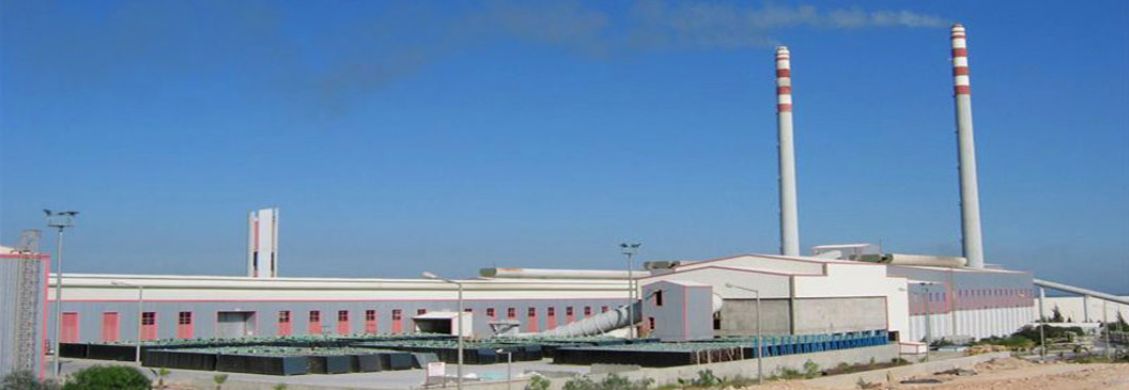
- Ana şirket : Şişecam Topluluğu Mimari Cam Bölümü;
- Sınır ötesi inovasyon:
- Low-E kaplama teknolojisinin şarap şişelerine uygulanmasıyla kızılötesi engelleme oranı 65% oranında artırılarak biranın raf ömrü uzatılıyor;
- Fotovoltaik cam ara katman tasarımı, şişe gövdesini akıllı etiketlere güç sağlayan bir mikro güneş paneli haline getiriyor.
- Kapasite düzeni: Rusya'daki Tataristan fabrikası, günlük 800 tonun üzerinde üretim kapasitesiyle Doğu Avrupa pazarına yönelik uzmanlaşmıştır.
4. LAV
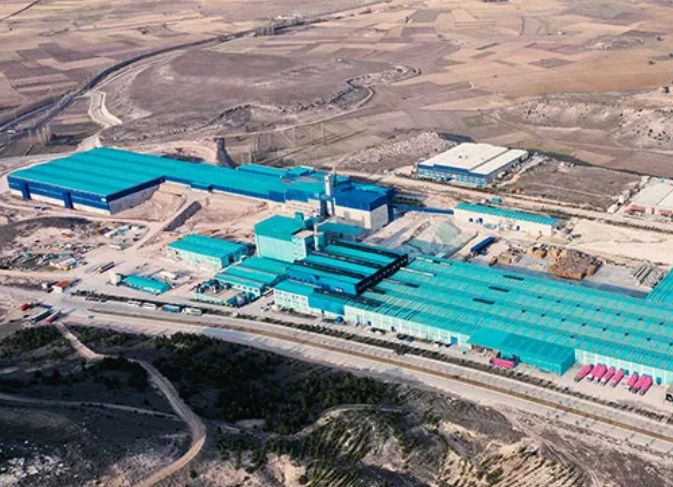
- Kapasite ölçeği: Günde 2 milyon parça, dünyanın en büyük cam eşya fabrikası;
- Süreç inovasyonu:
- Orijinal “soğuk uç püskürtme” teknolojisi, patlamaya dayanıklı film kaplamanın çevrimiçi tamamlanması, darbe dayanımı 40%'ye kadar artırıldı;
- Modüler kalıp sistemi 24 saat içerisinde 300 şişe çeşidinin değiştirilmesine olanak sağlar.
- Pazar Konumlandırma: Kitlesel FMCG sektöründe maliyet lideri olup, birim enerji maliyeti sektör ortalamasından 12% daha düşüktür.
5. Ciner Camı
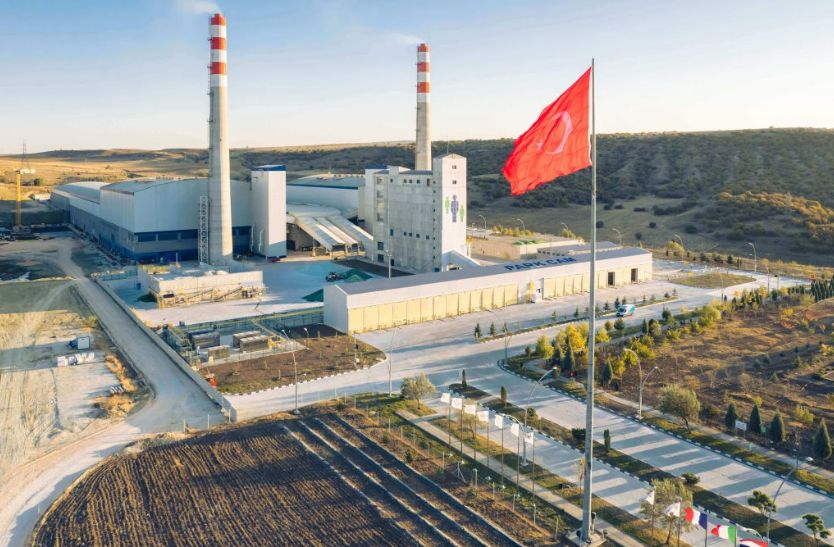
- Ana Şirket: Ciner Grubu (Türk madencilik ve enerji devi);
- Teknolojik Atılım:
- Manuel muayene verimliliğinden 15 kat daha yüksek olan ,7%'lik bir hata tespit oranına sahip AI görsel kalite muayene sistemini tanıtıyoruz;
- İngiltere'deki Dragon fabrikası, yalnızca 0,45 kg CO₂/kg cam karbon emisyon yoğunluğuna sahip bir hidrojen enerjisi test fırını kullanıyor.
- Stratejik Trendler: Dünyanın ilk “ultra ince hafif şişe” üretim hattı 2025'in 3. çeyreğinde üretime girecek ve 750 ml'lik bir şarap şişesinin ağırlığı 280 gr'a düşürülecek (sektör standardı 420 gr'dır).
6. Baştürk Cam

- Dikey entegrasyonun avantajları: Ana şirket olan Baştürkler Grubu, kuvars kumu madenlerinden lojistiğe kadar tüm zinciri kontrol ediyor ve hammadde maliyetinde 18% tasarruf sağlıyor;
- Patentli teknoloji:
- Yüksek bariyerli iç katmanı dekoratif dış katmanla tek bir kalıpta birleştiren çok katmanlı kompozit cam yapı (MLC™);
- İlaç şişelerinin iç yüzeyleri için plazma işleme teknolojisi, pasifleştirmesiz alkali iyon çökelmesi <0.1μg/cm².
7. Arslan Cam Ambalaj
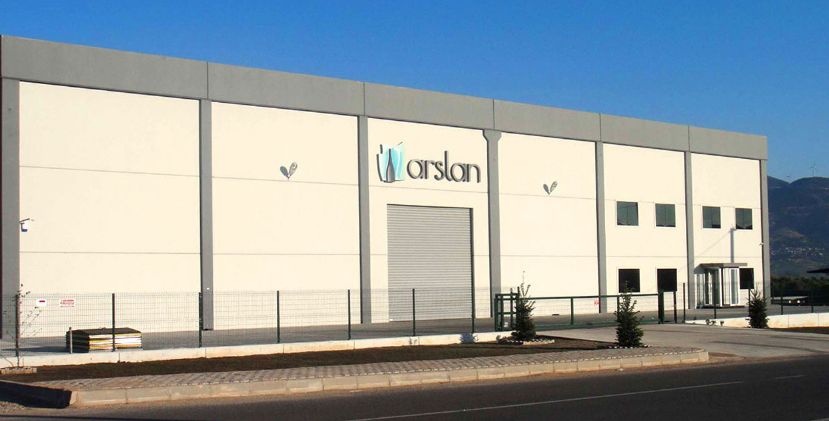
- Özelleştirme yetenekleri:
- Veritabanında 2500'den fazla tarihi şişe verisi bulunmakta olup, tersine mühendislik ve hızlı yeniden üretime destek sağlamaktadır;
- Lazer mikro gravür doğruluğu 20μm'ye ulaşır, mikro yapı sahteciliğe karşı etiketler için uygundur
- Müşteri Vakaları: Dior parfüm şişeleri için özel olarak geliştirilen “gradyan ışıltı” kaplama işlemiyle ışık kırılma indisinin dinamik aralığı 1,43-1,78’e çıkarıldı.
8. Solmazer Ev Gereçleri
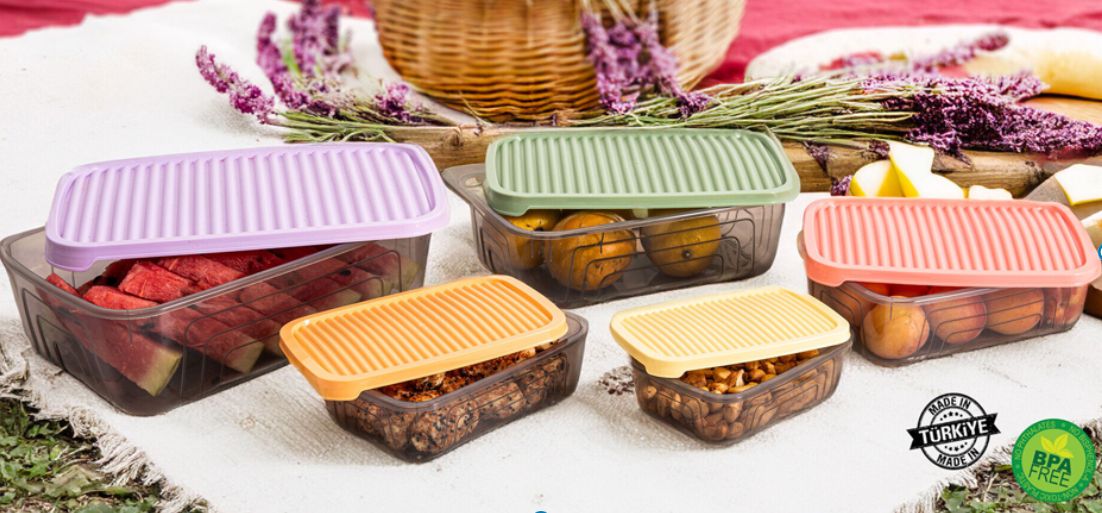
- Zanaatkarlık mirası: El yapımı üretim hattını koruyarak, tek bir ürün için 37 adet manuel müdahale yapılması gerekiyor;
- Malzeme inovasyonu: Nadir toprak elementleri içeren, geceleri 8 saat boyunca otomatik olarak parlayan ve sınırlı sayıda üretilen şarap şişeleri için uygun olan “ay ışığı camı” geliştirildi.
9. Duru Kimya

- Tıbbi sınıf sertifikası:
- FDA DMFA Sınıf IV sertifikasına sahip, önceden doldurulmuş şırıngalar için cam fıçı üretebilir;
- Nötr cam hidroliz direnci USP Sınıf I standardına ulaşmaktadır.
- Akıllı üretim sistemi: MES sistemi tek bir kalıp numarasına kadar parti izlenebilirlik doğruluğu sağlar.
10. Zirve Tezyinatı
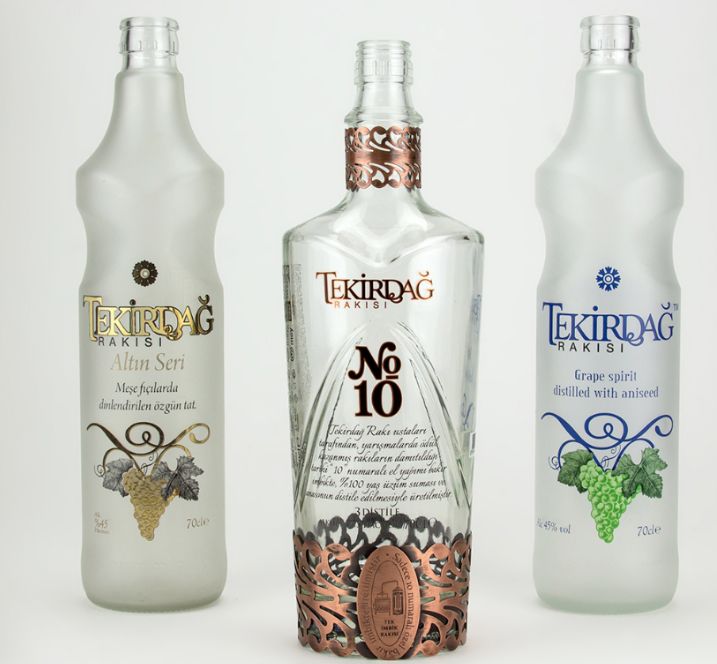
- Yüzey işleme uzmanı:
- Özel “sır altı renk” teknolojisi ile 500 yıkamadan sonra bile renk solmaz;
- Üç boyutlu rölyef derinliği 1,2 mm'ye kadar ulaşabiliyor ve bu da endüstri sınırı olan 0,8 mm'yi aşıyor.
11. GCA (Gürok Cam Ambalaj)

- Kalite kontrol sistemi:
- Şişe ağız sızdırmazlık yüzeyinin çevrimiçi termal görüntüleme ile izlenmesi, sıcaklık gradyanı dalgalanması <±2℃;
- BRIGGS A+ sertifikalı, mikro çatlak tespit hassasiyeti 0,01 mm.
Çinli üreticilerin stratejik tamamlayıcı değeri
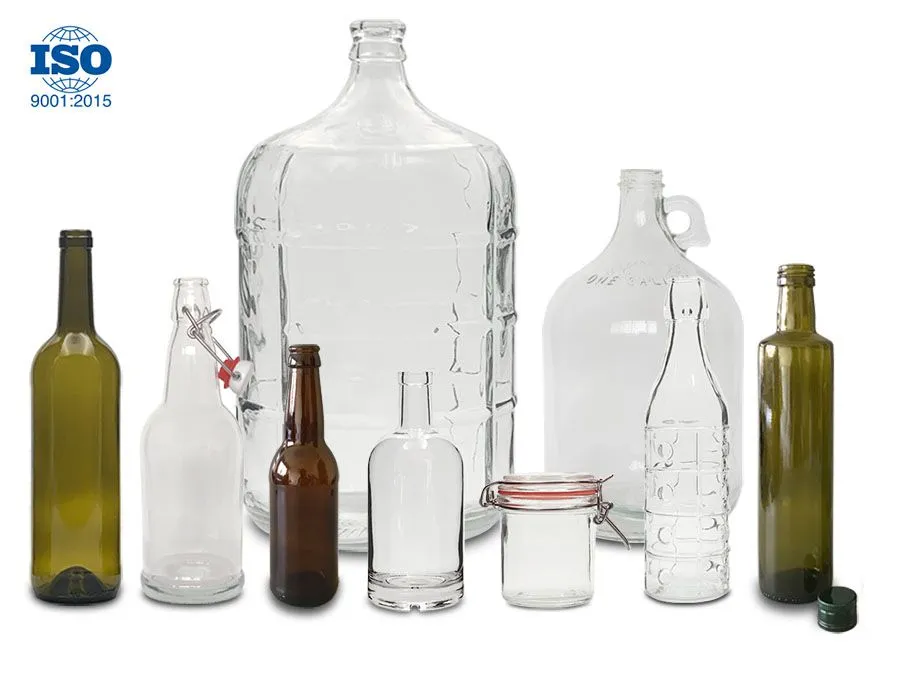
Türk cam şişe üretim sistemi hafif inovasyona ve Avrupa pazarına erişim avantajlarına odaklanırken, Çin cam şişe üreticileri örneğin BGB Ölçekli üretim ve derin süreç özelleştirme yetenekleri aracılığıyla stratejik sinerjiler oluşturuyor. 16 yıldır cam ambalaja odaklanan bir Çin şirketi olarak BGB, uluslararası alıcılara aşağıdaki farklılaştırılmış değeri sağlayabilir:
- Kapasite esnekliği desteği
BGB, Türk tedarikçilerin enerji dalgalanmaları veya sipariş birikimleriyle karşılaşması durumunda müşterilerinin tedarik zincirinin sürekliliğini sağlamak amacıyla Çin'de 5 iş günü içerisinde acil üretime başlayabilen tam otomatik sıra tipi üretim hatları konuşlandırdı. - Karmaşık süreç maliyet optimizasyonu
Türk firmalarının nadiren gerçekleştirdiği yüksek zorluk gerektiren proseslerde (örneğin degrade sır sinterleme, 0,1 mm hassas serigrafi renklendirme) BGB, olgun proses yönetimi sayesinde Avrupa üretimine kıyasla 30%'den fazla kapsamlı bir maliyet azaltımı elde etti. - Düşük karbonlu üretim iş birliği
Çin ve Türkiye'deki iki üssün birbirine bağlanmasıyla, müşteriler temel preformların Türkiye'de üretilmesini seçebilecek ve BGB, genel karbon ayak izini optimize etmek için daha fazla işleme için daha fazla yeşil enerji oranına sahip yerel üretim hatlarını kullanabilecek.
Satın alma kararları için çok boyutlu değerlendirme modeli
“5C-Türkiye” değerlendirme sisteminin benimsenmesi önerilmektedir:
- Dairesellik: Geri dönüştürülmüş malzeme karıştırma oranı (≥30% A Sınıfıdır);
- Özelleştirme: Kalıp geliştirme döngüsü (<15 gün rekabet eşiğidir);
- Karbon Ayak İzi: Ton başına cam sıvı karbon emisyonları (önde gelen şirketler 0,75 tona ulaşmıştır);
- Maliyet Etkinliği: Referans pazarla karşılaştırıldığında kapsamlı ton maliyeti (lojistik dahil);
- Uyum: FDA/ECMA/ISO 9001 ve diğer sertifikasyon sistemlerine uygunluk.
Gelecekteki eğilimler ve risk uyarıları
- Teknolojik bozulma: Sıvı metal cam (LMG), 2026 yılında geleneksel soda-kireç camı pazarını etkileyebilir;
- Politika riskleri: AB karbon sınır vergisi (CBAM) ihracat maliyetlerini 8-12% artıracaktır;
- Tedarik zincirinin yeniden yapılandırılması: Jeopolitik risklerden kaçınmak için “Türkiye+Kuzey Afrika” çift üretim üssü kurulması önerilmektedir.
Türk cam şişe üretim endüstrisi maliyet avantajından teknoloji odaklıya dönüşüyor. Önde gelen şirketler malzeme inovasyonu ve dijital ikiz teknolojisiyle hendekler inşa ederken, küçük ve orta ölçekli üreticiler niş alanlara derinlemesine dahil oluyor. Alıcıların, kalite, maliyet ve sürdürülebilirlik arasında stratejik bir denge sağlamak için tedarikçinin Ar-Ge yatırım yoğunluğunu (Ar-Ge Yoğunluğu>3% aktif inovasyonun bir işaretidir) ve ESG uygulamalarının derinliğini dinamik olarak değerlendirmeleri gerekir.

